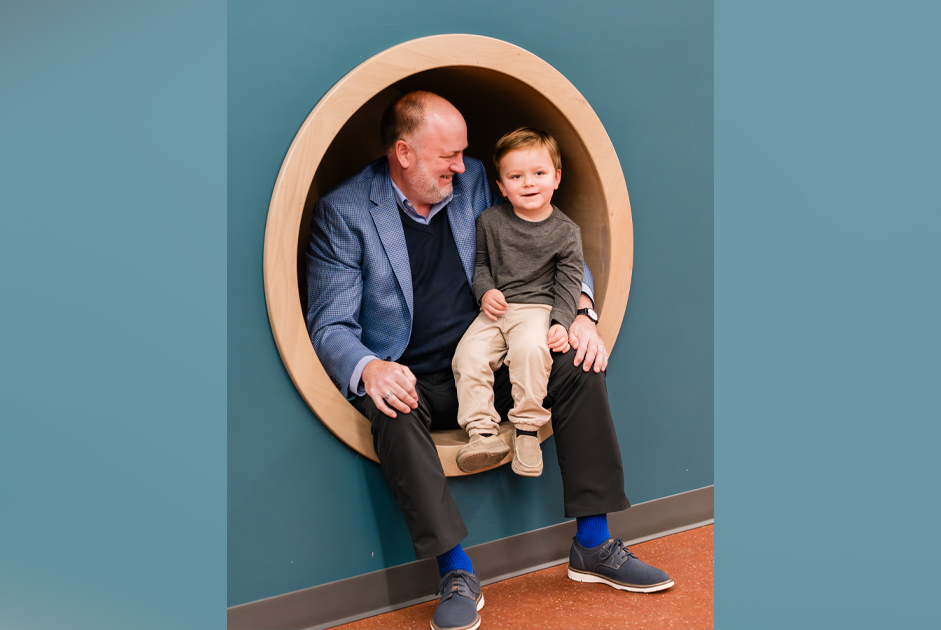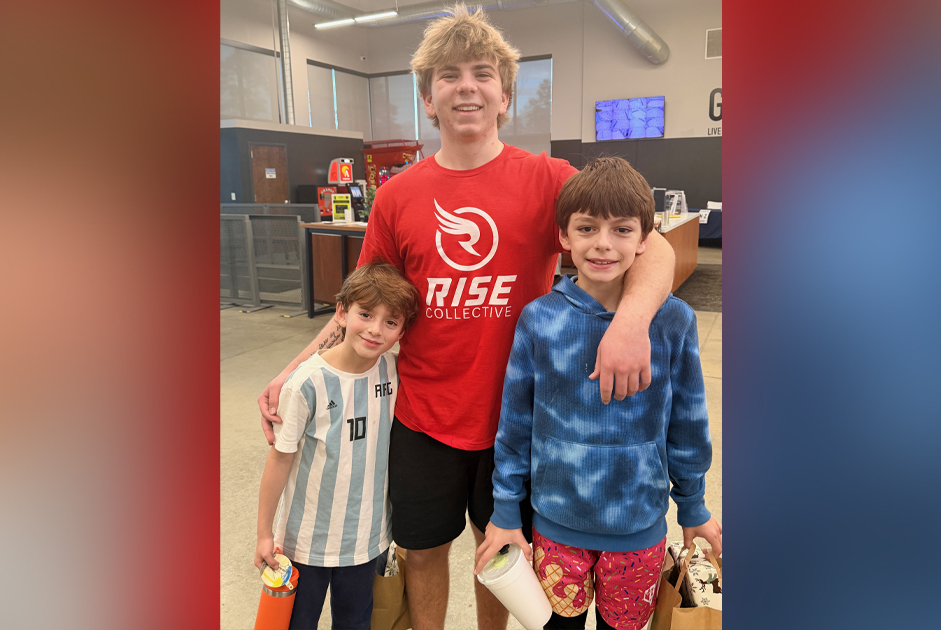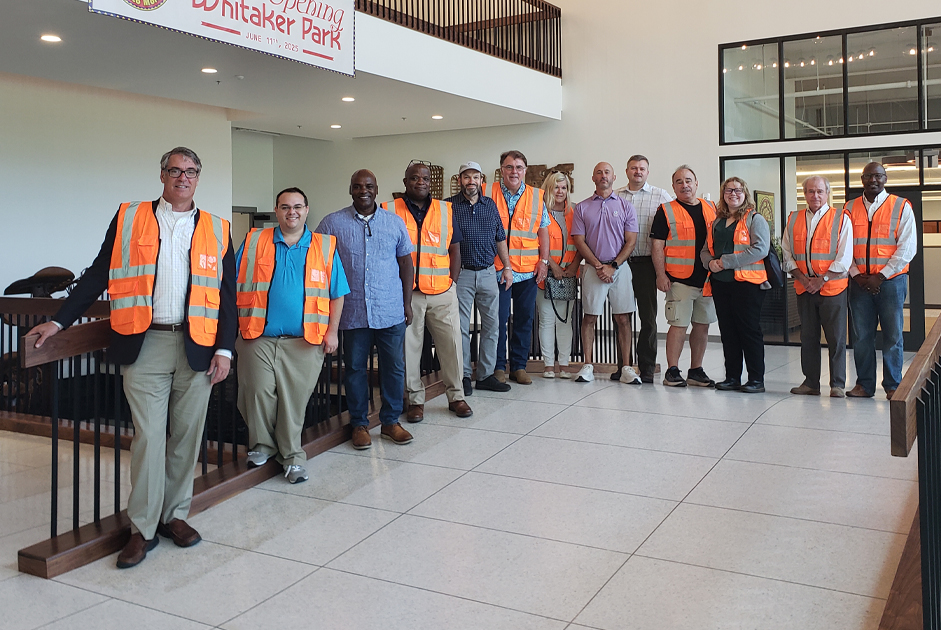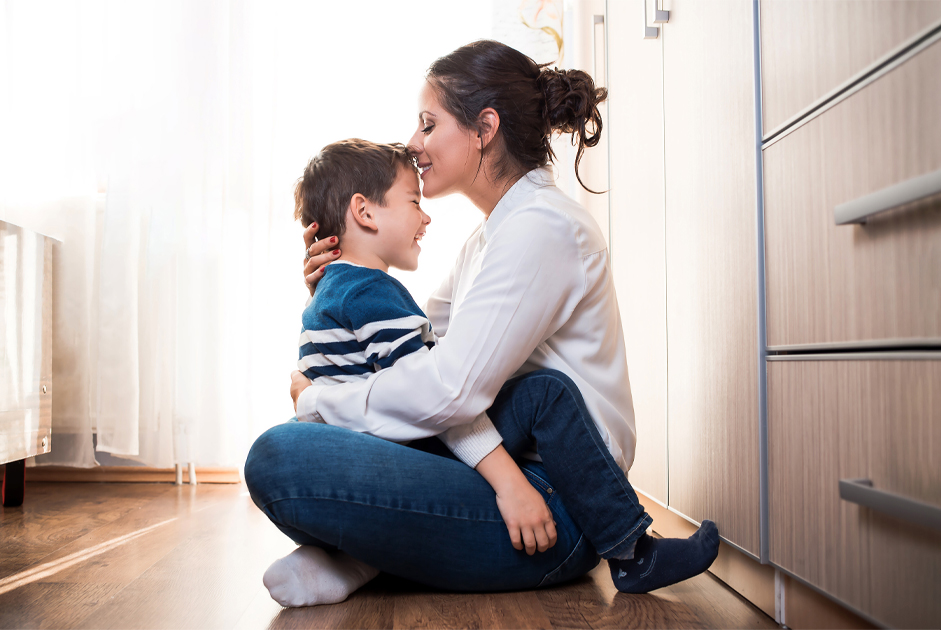While the holiday season is a wonderful time to spend with family, it can also be incredibly stressful. Between having to schlep across states with young kids, putting up with your mother-in-law’s comments about your decorating skill, or the monumental task of having to cater to multiple dietary needs and preferences for a large meal, it can be a recipe for disaster. Even in normal times, this can be incredibly stressful—but add in a pandemic and stress can be pouring out of your ears.
Something that everybody can agree with is that the act of traveling (as in physically moving from your house to your destination) can be varying stages of a hassle. Especially if you have children and are visiting family members who live far enough away that it’s more than a few hours’ drive, having to add this on top of your already existing holiday prep can be overwhelming. After spending hours packing all the necessary goods for your holiday (and if this is for Christmas—the presents!), and then hours in the car with your family, you then need to acclimate to a new setting with a disrupted routine.
While the refrain, often repeated, is that children thrive best on routine—let’s be honest. We ALL do well when we stick to a regular routine, especially now during a time when nothing seems to be within our control. In uncertain times such as now, it’s so important to cling to the things that we can control, and when adding extra stressors isn’t the best option.
So here’s the hard part: telling our extended families that we simply cannot travel for the holidays in 2020. If you have family members who are in high-risk categories, this may be easier than you realize, as they may be thinking of a way to tell you that they can’t risk any additional exposure. If you have high-risk family or not, the best course of action is always tactful honesty.
What do I mean by tactful honesty? Let’s be honest here (if you don’t mind the word-play): honesty can sometimes be a little harsh. We don’t always want to hear the full truth on the receiving end, and we certainly don’t want to hurt any feelings on the giving end—which is where the concept of “white lies” came about. There’s a happy medium, however, with being honest, but using tact instead of brutal honesty. An example would be: instead of telling your parents that you aren’t going to visit them because the thought of being stuck in the house with them for a week while they override your parenting and drive you nuts—you tell them that to keep consistency with the kids and maintain your family rhythm, you’ve decided to stay put.
Okay, so we have handled not having to visit any relatives—what if they chose to take this as an invitation to come to you for Thanksgiving? There are three ways to approach this. First step would be if you are okay with limited visitors to take charge of the situation, and say, “Yes, we would love to have you and can host on these exact dates, hope those exact dates work for you!” This way, you can still control how long the visit is and avoid them overstaying. The second option here would be to say you would love to have them, but that it’s really important to keep the kids’ routines, so you would be happy to help them find a hotel or local Airbnb that would accommodate them during that time.
The last option is to revert right back to that tactful honesty. Explain kindly that right now, you are just not able to accept visitors (you can always use “out of state” as an excuse if you are able and willing to), but look forward to a scheduled Zoom date on the holiday in question. Most importantly, remember that it is OKAY and perfectly normal to need to set boundaries around the holidays for your own mental health.



















